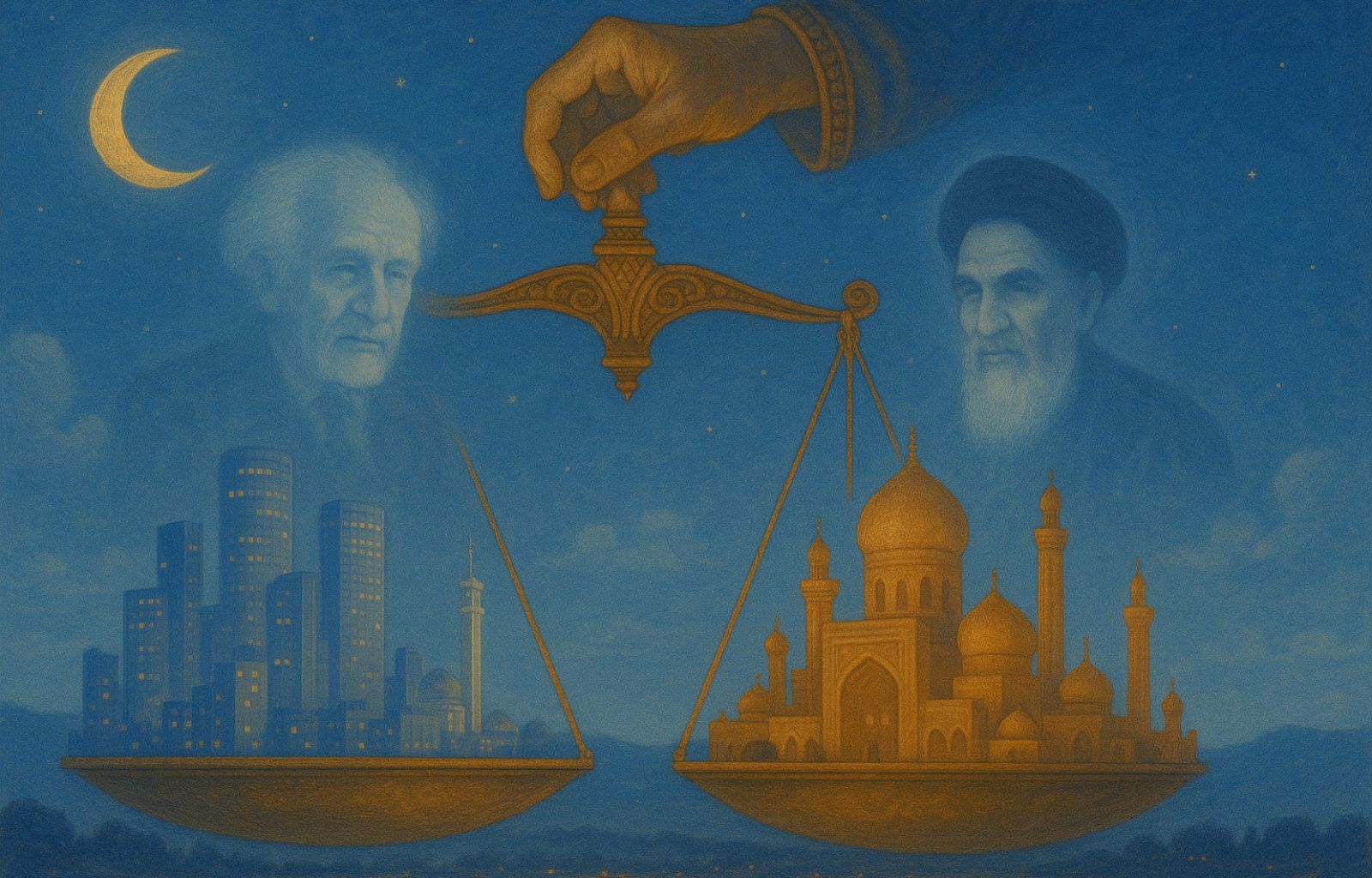Denmark ditches Microsoft and aims for technological sovereignty. But with what technologies?

Denmark is taking the first, gradual steps in a national plan to break free from US technologies, in a transition felt as increasingly urgent by Copenhagen in light of growing diplomatic tensions with the Trump administration over control of Greenland. Just last week, in fact, statements in Congress by US Defence Secretary Pete Hegseth, according to which a plan to invade the Danish-controlled island is already ready, marked a new chapter in the cooling of relations with the White House.
In response, the government of the Scandinavian country has announced its intention to start divesting its computers, starting emblematically with the Ministry of Digitalisation, of the Windows operating system, notoriously owned by Microsoft, in favour of Linux – open source and, for this reason, customisable and immune to the transmission of sensitive data on American soil or ban on supply, as is the case in China for some Nvidia products. The abandonment of the Bill Gates environment also implies the renunciation of popular software packages such as Office, in favour of surrogates such as Libre Office; an operation that was once unthinkable, but is now feasible thanks to the wide availability of open products, whose characteristics overlap perfectly with the most emblazoned commercial solutions, but whose developers make the source code entirely available.
Technological sovereignty… but with what technologies?
Illustrating, with candour, the reasons for the IT paradigm shift are the words of Morten Bodskov, Danish Minister for Business Affairs: “If we merely use their solutions, our society becomes extremely vulnerable in a world that is changing under the pressure of great powers, geopolitical tensions and the race for technology. That is why we have to develop our own solutions.” These statements underpin a strategy that is largely shareable, in intent; however, in its practical implications, can it be described as forward-looking or merely illusory?
‘Software is king’: an expression that was particularly in vogue years ago, useful to emphasise the predominance of good programming over everything that, on the contrary, is hardware, i.e. tangible, endowed with corporeity: devices, components, even physical network infrastructures. Today, software is still predominant, but not the directly replaceable kind. On the contrary, the artificial intelligence revolution has shown, in a surprisingly short space of time, that what reigns supreme today is the integration between advanced AI models, which are always proprietary and whose development and training require huge resources and know-how that is difficult to replicate, and the brute power of the hardware infrastructures needed to power them. Geography and, even better, geopolitics, have always played a pivotal role in information technologies, but artificial intelligence has arrived like a cyclone to shatter any benevolent but wishful illusion of being able to free software from the balances of international relations, the supply chain of raw materials and the reason of state.
More than software, therefore, today ‘service is king‘. Pursuing, in such a context, the chimera of technological sovereignty, albeit for the just cause of national security and for the certainty of not being subjected to bananas with catastrophic outcomes, is tantamount to a certain condemnation to isolation, irrelevance and obsolescence, with a relative loss of competitiveness and capacity for innovation. Microsoft, in fact, is only the tip of the iceberg, among other things in a game that is now being played on other fields than those traditionally understood. In a coherent plan to break free from the US giants, services and, above all, the AI platforms of OpenAI, Anthropic, Google, and Meta must also be given up. Similarly, in addition to Windows, Macs and, above all, the only two modern, stable and efficient mobile computing operating systems should also be put to the test: Android, subject to increasingly stringent controls by Google, and iOS, developed by Apple for the iPhone. Tertium non datur.
Without data centres, AI models and rare earths we are fighting windmills
Denmark, in short, misses the obvious point: in order to aspire to technological sovereignty, one must first have the technology. At present, the Scandinavian country, as well as much of the planet, lacks both the know-how and the infrastructure to attempt what now appears to be nothing more than a battle against windmills. In fact, the figures on the geopolitics of data centres, which are essential for processing the data needed for AI, and the supply chain of critical raw materials for the production of hardware components, paint a merciless portrait of the overwhelming hegemony held on a global scale by the United States and China respectively, by a clear margin over any other player. The United States, in fact, hosts over 5300 data centres nationwide. Germany and the United Kingdom, in second place almost equally, have just over 500: not even a tenth. Of equal tenor is China’s supremacy in critical raw materials and rare earths, of which it produces two-thirds of the global total and also holds the record for proven reserves underground. Moreover, as Politico points out, 73% of the world’s thirty largest high-tech companies are based on American soil. By contrast, in the last twenty years, Europe has not given birth to a single company valued at at least one trillion dollars, while the United States has created nine.
Let it be understood, without any possibility of misunderstanding: on the Greenland issue, Denmark, and therefore the entire European Union, are suffering unacceptable threats of military invasion from what, on paper, would still be their main and oldest ally. To avert irreparable escalations , as always, the main road is the long and tortuous one of diplomacy, avoiding falling into easy provocations, taking time and hoping for the distraction provided to Trump by the new and priority war front opened in Iran. Gritting one’s teeth, in short, waiting for less crazy times.












